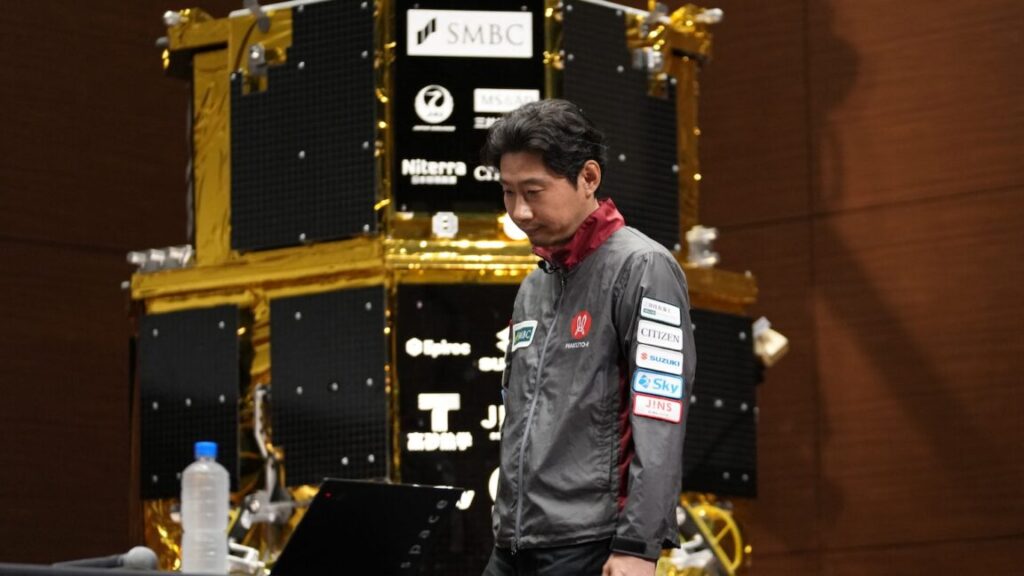Intuitive Machines, Firefly, and a third company—Astrobotic Technology—have launched their lunar missions under contract with a NASA program aimed at fostering a commercial marketplace for transportation to the Moon. Astrobotic’s first lander failed soon after its departure from Earth. The first two missions launched by ispace were almost fully private ventures, with limited participation from the Japanese space agency, Luxembourg, and NASA.
Credit:
ispace
Commercial travel to the Moon only began in 2019, so there’s not much of a track record to judge the industry’s prospects. When NASA started signing contracts for commercial lunar missions, the then-chief of the agency’s science vision, Thomas Zurbuchen, estimated the initial landing attempts would have a 50-50 chance of success. On the whole, NASA’s experience with Intuitive Machines, Firefly, and Astrobotic isn’t too far off from Zurbuchen’s estimate, with one full success and a couple of partial successes.
The commercial track record worsens if you include private missions from ispace and Israel’s Beresheet lander.
But ispace and Hakamada haven’t given up on the dream. The company’s third mission will launch under the umbrella of the same NASA program that contracted with Intuitive Machines, Firefly, and Astrobotic. Hakamada cited the achievements of Firefly and Intuitive Machines as evidence that the commercial model for lunar missions is a valid one.
“The ones that have the landers, there are two companies I mentioned. Also, Blue Origin maybe coming up. Also, ispace is a possibility,” Hakamada said. “So, very few companies. We would like to catch up as soon as possible.”
It’s too early to know how the failure on Thursday might impact ispace’s next mission with Draper and NASA.
“I have to admit that we are behind,” said Jumpei Nozaki, director and chief financial officer at ispace. “But we do not really think we are behind from the leading group yet. It’s too early to decide that. The players in the world that can send landers to the Moon are very few, so we still have some competitive edge.”
“Honestly, there were some times I almost cried, but I need to lead this company, and I need to have a strong will to move forward, so it’s not time for me to cry,” Hakamada said.


